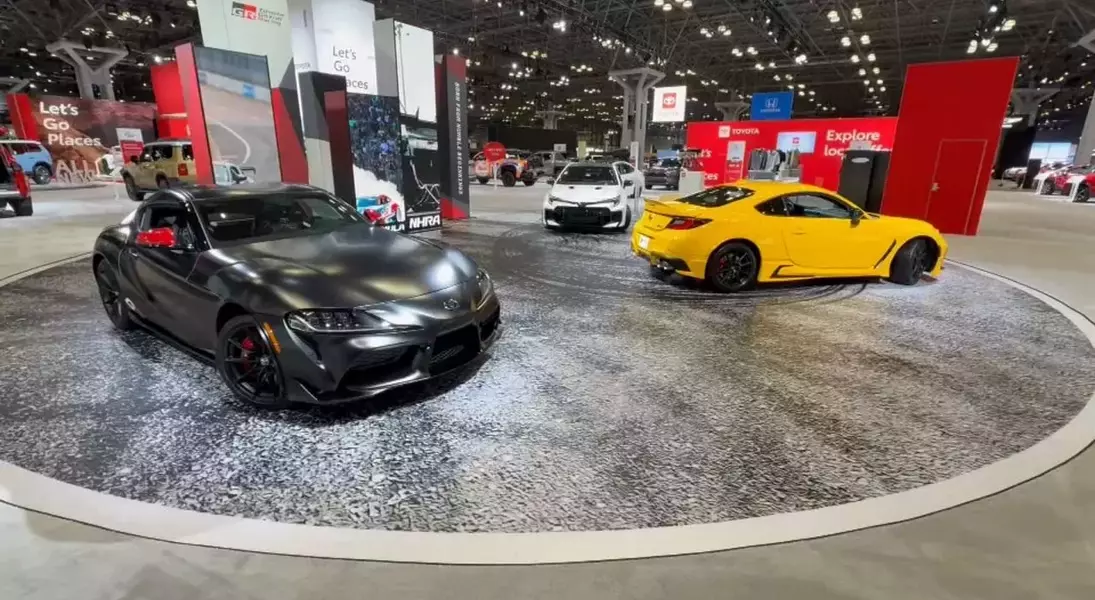
Unveiling Tomorrow’s Vehicles Today
As one of the most anticipated events in the automotive calendar, the New York International Auto Show continues to draw attention from enthusiasts and industry leaders alike. Now in its 125th iteration, the exhibition not only highlights advancements in design and engineering but also raises critical questions about the global market dynamics affecting vehicle production and pricing.
Innovative Models Taking Center Stage
Automakers from around the world are set to debut an array of groundbreaking vehicles at the Javits Center. These models represent years of research and development aimed at enhancing performance, efficiency, and sustainability. Electric cars, hybrid engines, and autonomous driving systems take center stage as manufacturers push boundaries to meet evolving consumer demands. For instance, Tesla has introduced its Model S Plaid, boasting record-breaking acceleration times that challenge conventional notions of speed and power.
Moreover, luxury brands like Mercedes-Benz and BMW have unveiled concept cars equipped with state-of-the-art infotainment systems and advanced safety features. Such innovations reflect a shift toward personalized mobility solutions where technology plays a pivotal role in shaping user experiences. As these companies invest heavily in R&D, they aim to stay competitive while addressing environmental concerns through eco-friendly alternatives.
Economic Headwinds Clouding the Horizon
Despite the optimism surrounding new product launches, the automotive sector faces significant challenges due to proposed trade policies. President Donald Trump’s recent initiatives regarding tariffs have sparked debates over potential impacts on manufacturing costs and import prices. Industry experts warn that increased levies could lead to higher expenses for both producers and buyers, thereby dampening sales growth projections.
John Bozzella, CEO of the Alliance for Automotive Innovation, emphasized during his appearance on "Mornings On 1" that such measures might disrupt supply chains and hinder innovation efforts. By imposing additional barriers, policymakers risk undermining the collaborative spirit between domestic and international partners essential for fostering progress within the field. Consequently, stakeholders must navigate carefully to ensure long-term stability amidst shifting regulatory frameworks.
A Glimpse Into What Lies Ahead
Looking forward, the trajectory of the automotive industry will largely depend on how effectively it adapts to emerging trends and external pressures. Key areas of focus include expanding electric vehicle infrastructure, improving battery life spans, and integrating artificial intelligence capabilities seamlessly into daily operations. Companies striving to excel must prioritize sustainable practices alongside technological breakthroughs to remain relevant in an increasingly interconnected world.
Furthermore, collaborations between traditional automakers and tech startups hold promise for unlocking untapped potential across various domains. Together, these entities can drive transformative change by reimagining business models centered on shared value creation rather than mere competition. Ultimately, success hinges upon balancing short-term profitability goals with broader societal benefits derived from cleaner energy sources and safer roadways.
